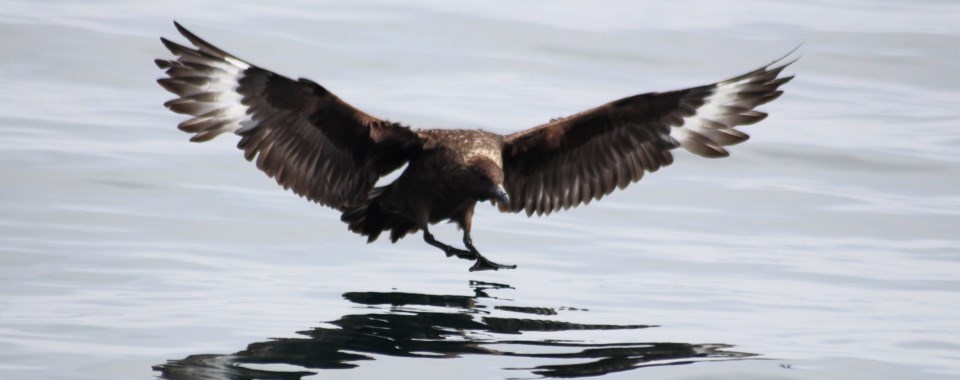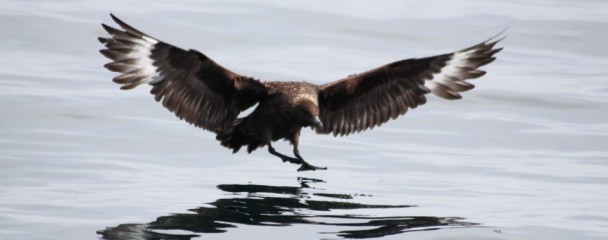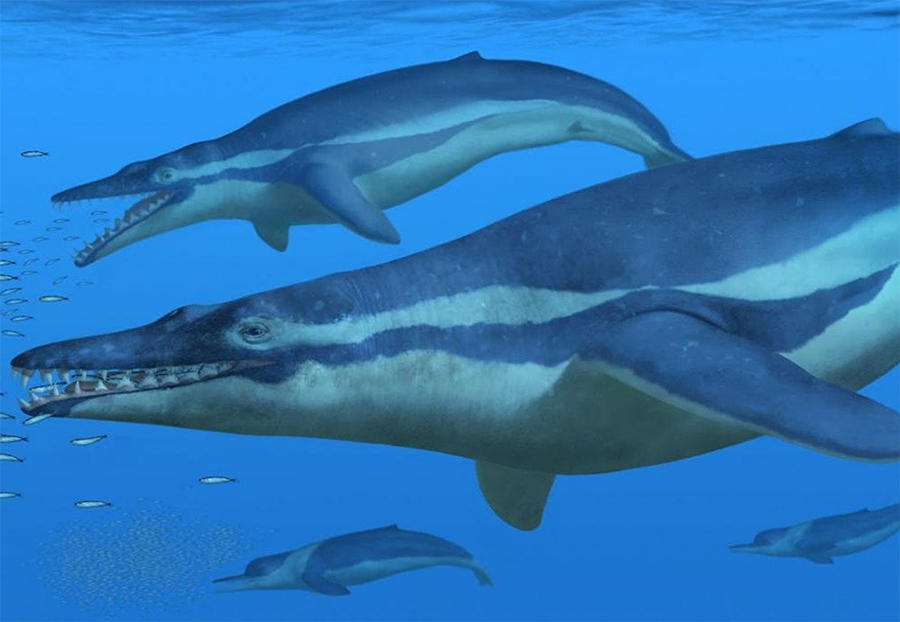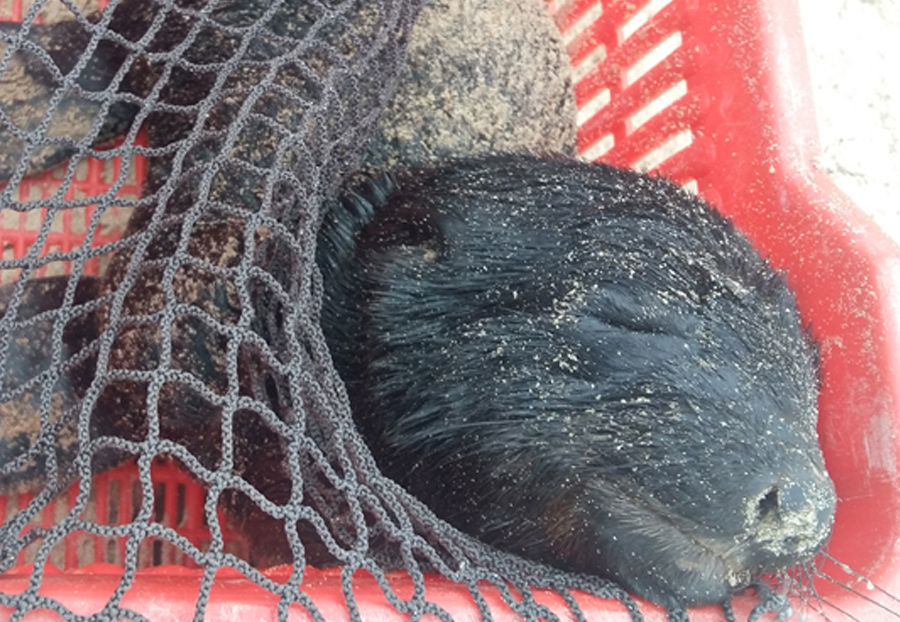What is kleptoparasitism?
Kleptoparasitism means parasitism by theft. What is parasitism? Parasitism is when an organism benefits at another organism expense. Kleptoparasitism is used in different ways e.g. bullying other organisms to give up their food they just caught, and steal collected or stored food. This way of obtaining food normally saves the kleptoparasite hunting time and also gives them the chance of food they might not be able to catch themselves. A negative part with using this as a feeding technique is the risk of injuries. Bullying someone to give up their food put you in the direction of their claws, beaks or teeth.
Kleptoparasitism may be intraspecific (the parasite is the same species as the victim) or interspecific (the parasite is a different species). The African Black Oyster Catcher juveniles are kleptoparasites since they will steal the mussels the adult crushes to eat, as the juveniles are not strong enough to break them. A lot of diving birds suffers from kleptoparasitic gulls which are not able to dive and catch the fish themselves. Chinstrap penguins steal rocks from other members of the colony to use in their own nests.
Kleptoparasitism is seen in a lot of different animal species e.g. bees, birds, Hyenas, Sperm whales and Orcas. The Cuckoo bees lay their eggs in the nest cells of other bees, this is the same way as the Cuckoos bird do with their eggs. The difference is that the cuckoo chick will destroy the other eggs and have the “adoptive parents” feeding them (making them brood parasites), while the cuckoo bees eat the food that the other bees left for their larva. Flies are clever and brave kleptoparasites, they go into spider webs eating their catch.
Kleptoparasitism is not common in birds. Some groups like Skuas, Jaegers and Frigate rely extensively on it to obtain food while others e.g. Raptors, Gulls and Terns will use it opportunistic. An interesting fact is that the Roseate Tern is more successful in raising a brood if they use Kleptoparasitism then non-kleptoparasitic individuals. Around South Africa Skuas are the birds seen often using kleptoparasitism on Gulls and Terns. Skuas are swift and agile fliers and even gang up on single victims to increase their success rate.
The example in mammals that most people would know about is Spotted Hyenas. They are well known for stealing food, especially from Lions, but lions also steal food from Hyenas. Sperm whales and Orcas have been seen stealing fish from fisherman’s lines making them the largest kleptoparasites.





